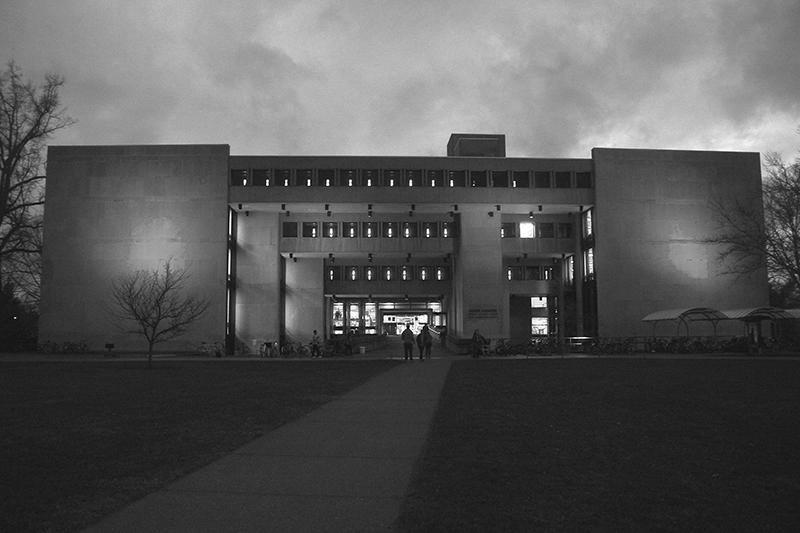Pelham Curtis, Maya Miller, Jonas Nelson, and Olivia Wohlgemuth should study the controlling international law concerning Israel: Article 80 of the United Nations Charter, an international treaty that supersedes any resolution of the Security Council or General Assembly that may conflict with it. (“Oberlin College Should Divest Now From Israel,” The Oberlin Review, Dec. 8, 2023).
Numerous scholars whom I agree with have posited that Article 80 of the United Nations Charter — which incorporates by reference the 1922 League of Nations Mandate for Palestine and the 1920 San Remo Agreement — declares all of what is Israel, including Judea and Samaria, to be the reconstituted homeland of the Jewish people, recognizing the Jewish people’s 3,500-year ancestral presence on the land and the land as sovereign Jewish territory. Simply put, one cannot annex or occupy one’s own sovereign territory.
Salomon Benzimra, author of The Jewish People’s Rights to the Land of Israel has written that Article 80 is “relevant in preventing any action contemplated by the United Nations to alter existing Jewish rights and title to any part of the Land of Israel–Palestine, rights that are legally preserved under Article 80” (Page 70).
As Eugene Rostow, dean of Yale Law School (1955–65) and under secretary of state for political affairs in a Democratic administration (1966-69) wrote: “Legally, the West Bank and the Gaza Strip are unallocated parts of the Palestine Mandate. So far as Jordan’s claim is concerned, the world community and especially the other Arab states refused to recognize its attempt to annex the West Bank and the Old City of Jerusalem in 1951. And so far as the claim of the Arabs who live there goes, it must be remembered that, in contrast to other League of Nations Mandates, the Palestine Mandate was not established as a trust for the indigenous population of the area, to be terminated when that population was ready for self-government. It was set up under a different article of the League Covenant as a trust for the Jewish people, in recognition of their historic connection with the land, on condition that the civic and religious rights of the Muslims and Christians living in the territory be respected. Moreover, the right of the Jewish people to settle in the West Bank under the Mandate has never been terminated. … Jewish settlement in the West Bank … is … the exercise of a right protected by Article 80 of the United Nations Charter and hence necessarily part of the domestic law applicable in the West Bank” (“A False Start in the Middle East,” Commentary, October 1989).
Further, “those Jewish rights that had existed under the Mandate remain in full force and effect, to which the UN is still committed by Article 80 to uphold, or is prohibited from altering.
As a direct result of Article 80, the UN cannot transfer these rights over any part of Palestine, vested as they are in the Jewish People, to any non-Jewish entity, such as the Palestinian Authority. Among the most important of these Jewish rights are those contained in Article 6 of the Mandate which recognized the right of Jews to immigrate freely to the Land of Israel and to establish settlements thereon, rights which are fully protected by Article 80 of the UN Charter.” (“Article 80 and the UN Recognition of a ‘Palestinian State,’” Algemeiner Journal, Sept. 22, 2011). (“Article 80 and the UN Recognition of a ‘Palestinian State’ “The Algemeiner” (Sept. 22,2011).




